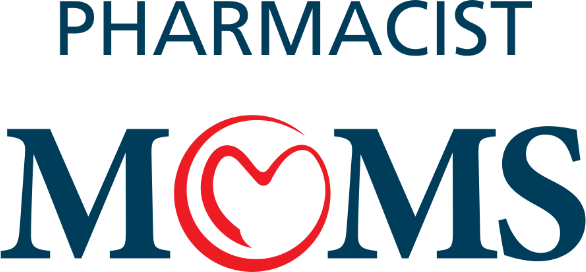Pharmacist Moms Group™

Pharmacists are critical in supporting GLP-1 therapy success through proactive expectation-setting.

Sarah Nelson, PharmD, explains how pharmacists can simplify cardiovascular treatment regimens through personalized education, shared decision-making, and cross-sector collaboration to improve adherence and close care gaps in heart disease prevention.

Pharmacists enhance patient trust by addressing concerns, providing evidence-based guidance, and promoting vaccination through clear communication and follow-ups.

Learn how diffuse neuroinflammation drives progressive MS, how MRI finds paramagnetic rim lesions, and which cognitive and physical tests track disability over time.

Learn how MRI, OCT, and CSF markers refine MS diagnosis and monitoring, and why “active” disease matters beyond relapses.

NCCN updates can guide pharmacists to tailor chemotherapy for HR+/HER2- breast cancer using MammaPrint and FLEX survival data.

The VESALIUS-CV trial demonstrates that adding evolocumab to maximally tolerated statin therapy significantly reduces major cardiovascular events in both high-risk primary and secondary prevention patients.

Ongoing variation in vaccine schedule implementation requires pharmacists and clinicians to collaborate closely, reinforce evidence-based care, and monitor vulnerable populations for gaps in immunization coverage.

Explore the latest advancements in myelofibrosis therapies, including innovative treatments and the evolving role of pharmacists in patient care.






.png)



